Patharghata , July 17 (V7N) — The 50‑bed Upazila Health Complex in coastal Patharghata serves around 3 lakh residents, but is currently crippled by a critical shortage of medical staff. Only one dental surgeon remains to serve a population grappling with rising disease rates, including dengue fever, amid changing weather patterns.
Although the facility is equipped with laboratories capable of performing 15 different tests—such as CBC, CRP, HBsAg, and Dengue NS1—the absence of trained technologists forces patients to seek these services elsewhere at higher costs. Heat‑stroke, malaria, dengue, and other ailments are on the rise in recent months.
According to hospital data, nearly 27, thousand patients have received treatment in the outpatient and emergency departments through June, with about 4 thousand admitted as inpatients. On average, 180–200 patients visit daily, but with only one doctor on duty, the facility is overwhelmed.
Currently, the complex is supposed to have 31 doctors, including an Upazila Health and Family Planning Officer. However, with two doctors attending training in Barishal and one yet to take up their position, only one dental surgeon—Md. Al Amin—is fully stationed here.
Md. Al Amin reported that test price lists are posted, yet patients cannot avail the services because of the absence of technologists. He noted, “Patients often must pay thousands of taka outside. Many must borrow money or decline tests entirely.”
Patient Rahat Ahmed added: “Three to four hundred people arrive each morning, but with only one doctor, many leave without being seen. We urgently need additional doctors.”
Civil Surgeon Dr. Mohammad Abul Fattah confirmed that the Health Ministry has been notified and measures to appoint more physicians are underway. A formal request for staffing support has been sent to the relevant authority.
The shortage of medical professionals at this vital coastal health facility underscores a growing rural healthcare crisis. Without immediate intervention and staffing reforms, the well‑being of hundreds of thousands remains in jeopardy.
END/MRR/SMA/



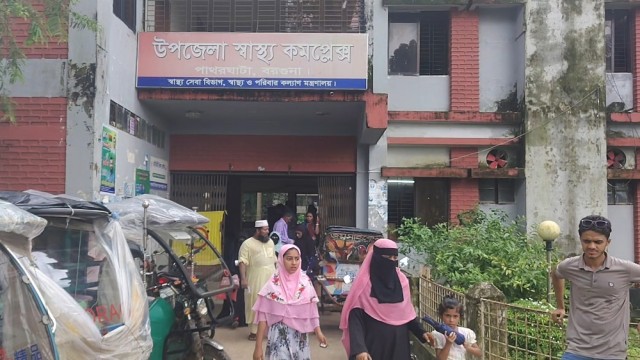

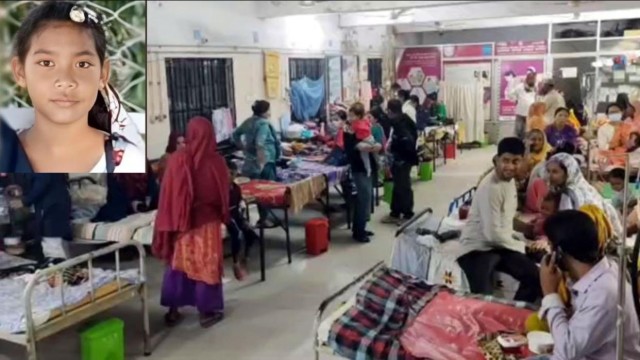
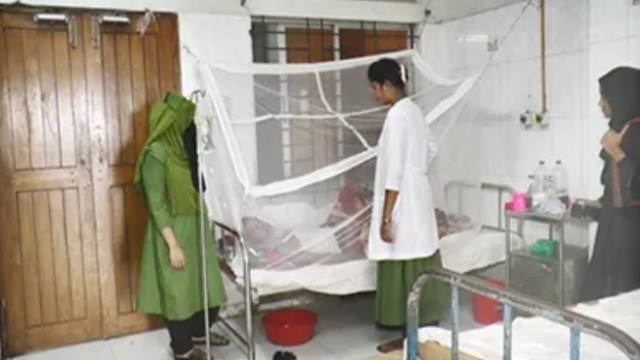
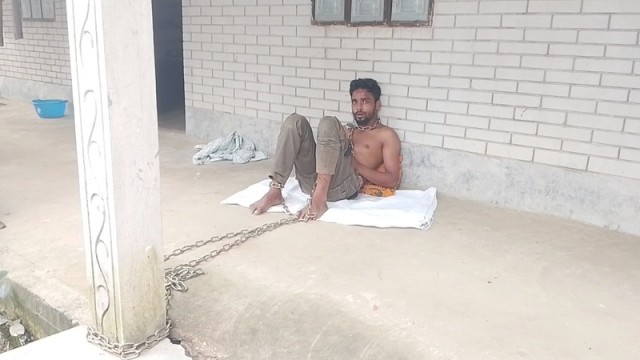
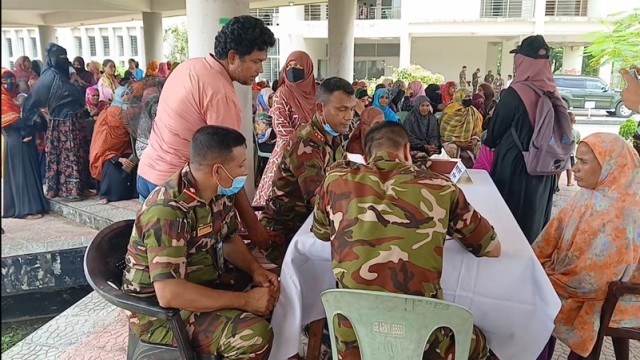
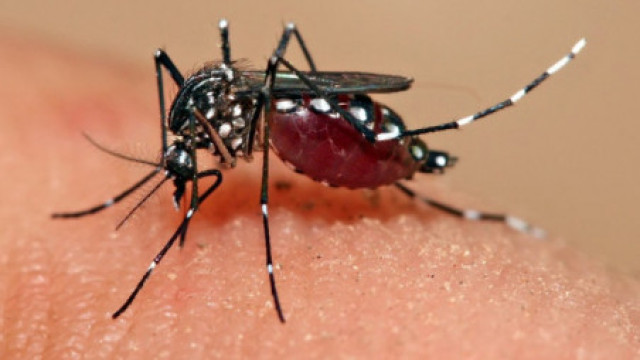
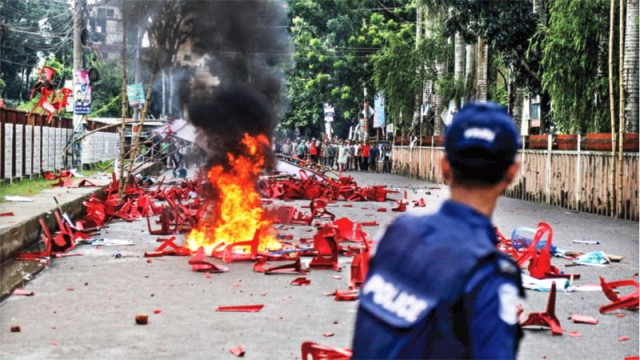
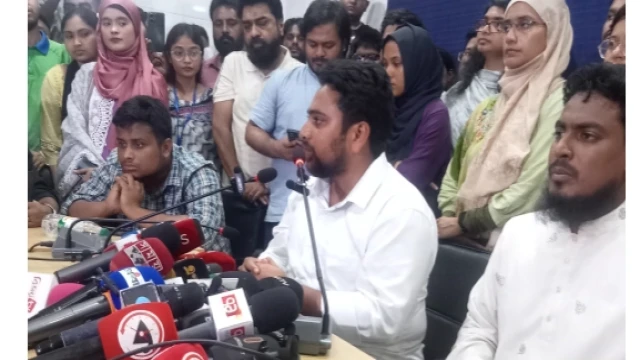


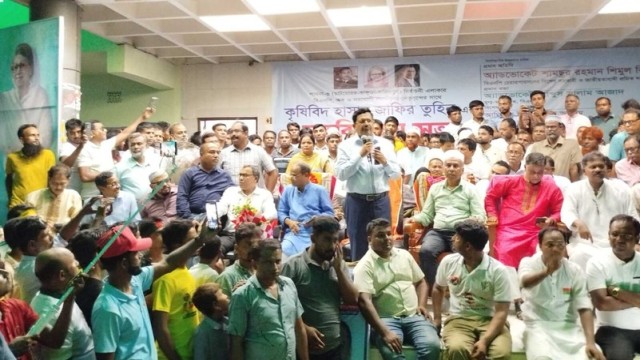
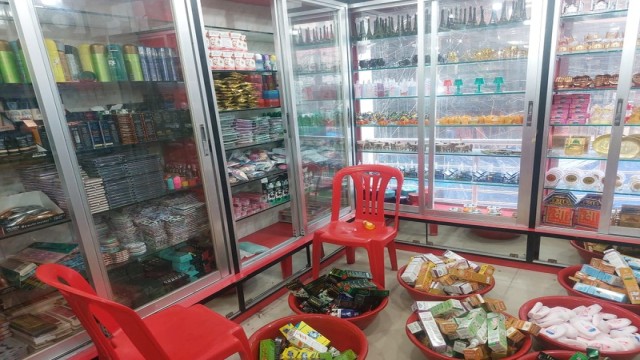
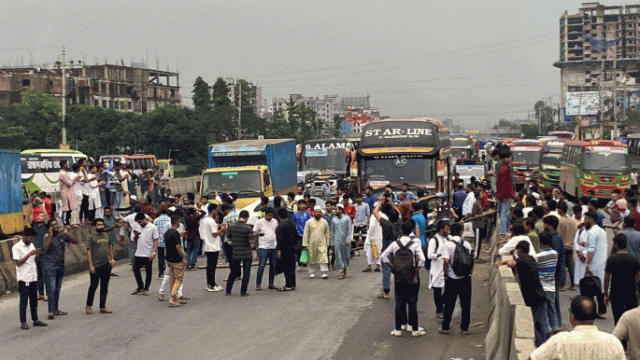
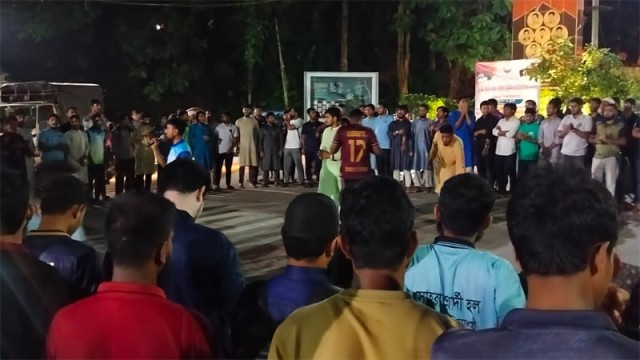
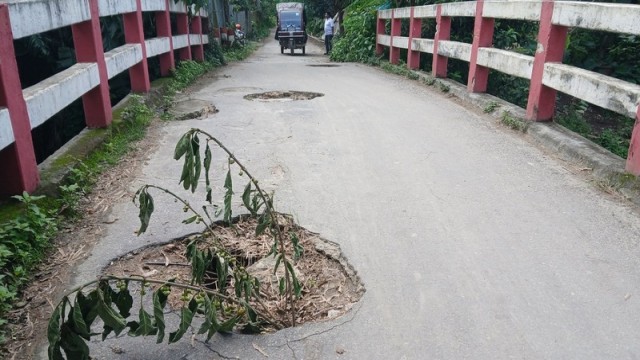

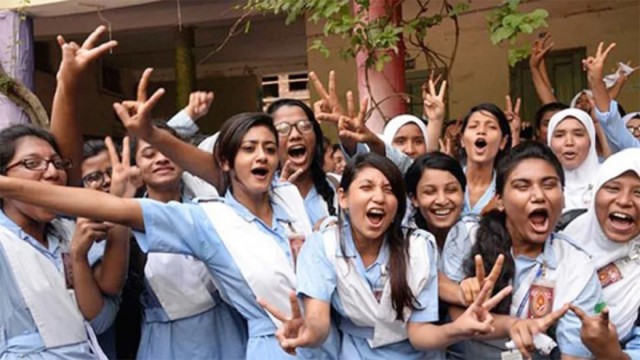
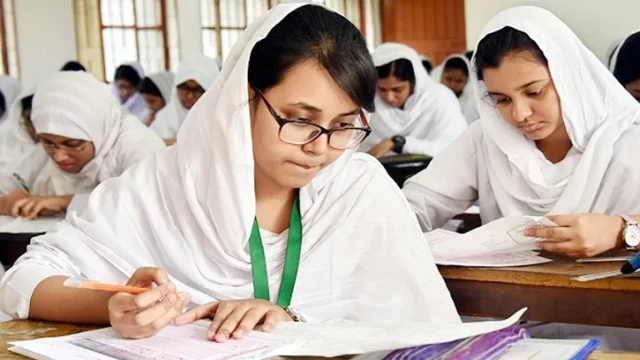
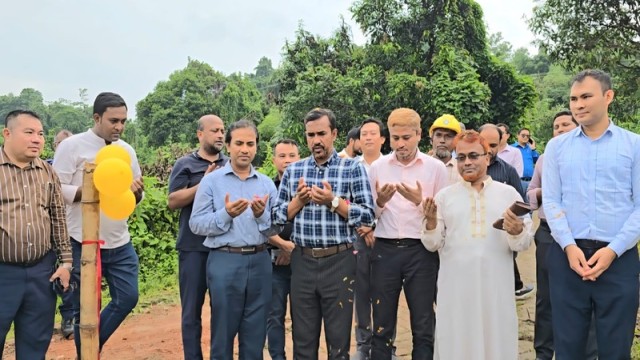
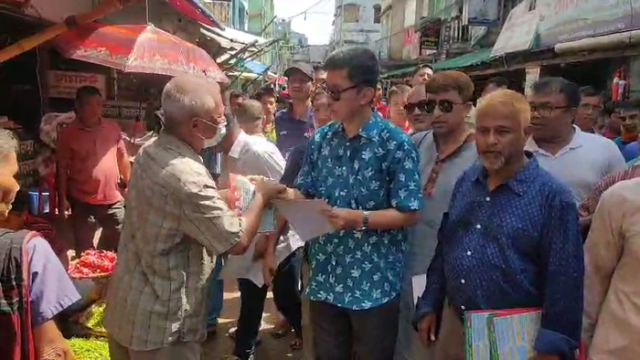
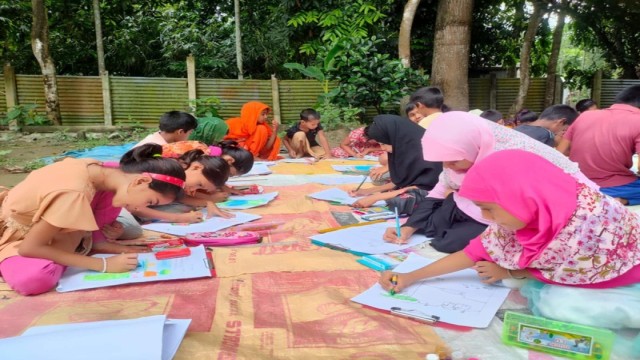
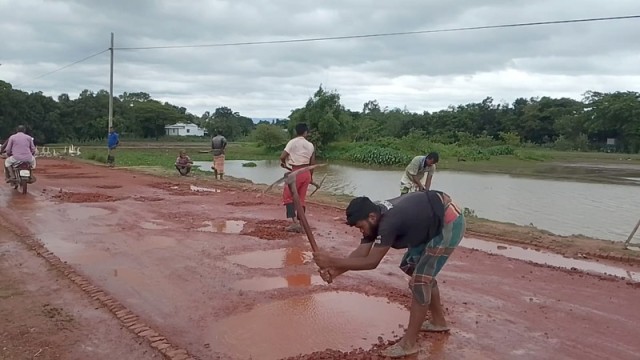
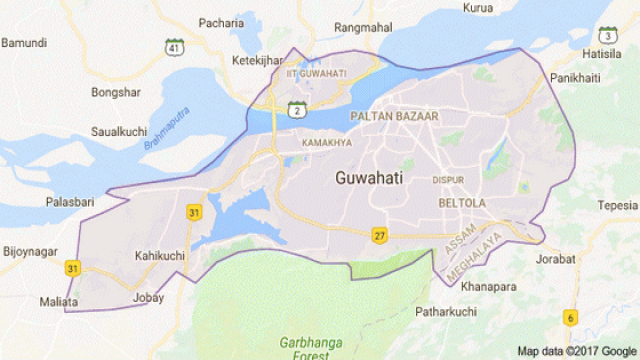
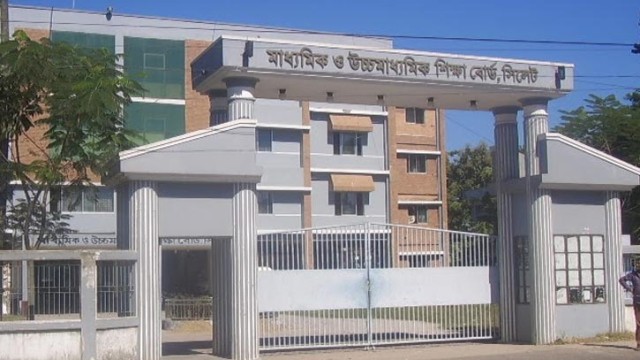
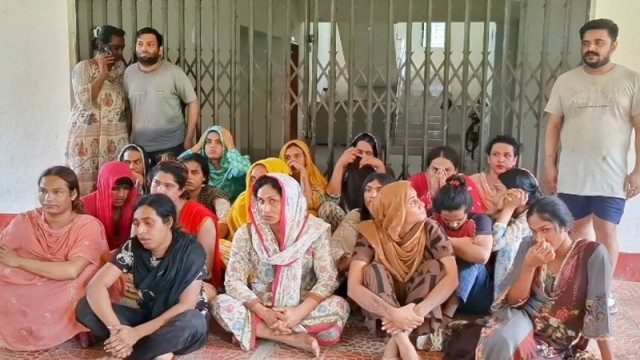

Comment: